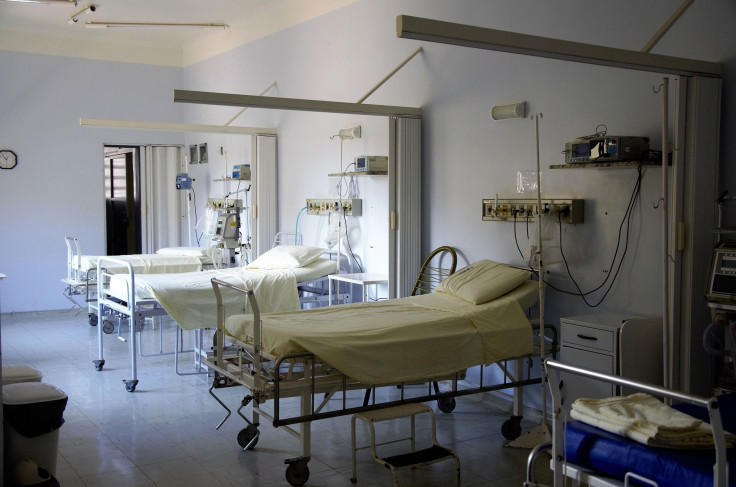Teen Dies After Ingrown Toenail Gets Infected; 'Serious Deficiency' In Healthcare Questioned
KEY POINTS
- Alex Braes, 18, suffered multi-organ failure due to sepsis and died after hospitals either sent him home or refused to admit him
- A hospital "business rule" resulted in the teen's vitals not being checked during his first three presentations
- A coroner said there was a serious and unacceptable deficiency in his treatment at the hospital
A hospital in the Australian state of New South Wales (NSW) repeatedly sent an 18-year-old boy home before he died from sepsis, officials revealed this week.
Alex Braes, of Broken Hill, died in the early hours of Sept. 22, 2017, upon arriving at Royal Prince Alfred Hospital in Sydney, 7News.com.au reported. He suffered multi-organ failure due to sepsis from a group A streptococcus infection, one month after treatment for an infected ingrown toenail.
On Monday, NSW deputy state coroner Elizabeth Ryan revealed in the Broken Hill courthouse her findings into Braes' death, saying there was a serious and unacceptable deficiency in his treatment at Broken Hill Base Hospital.
Two days before his death, Braes presented to Broken Hill Hospital with severe leg pain, but the facility's staff did not check his full vital signs, Ryan said.
Doctors at the hospital initially suspected that Braes' pain was caused by a ruptured tendon even though the teen's father mentioned he did not play sports, a report by the Sydney Morning Herald said.
Braes was in "excruciating pain" and was described by one doctor as "the sickest patient the hospital had ever seen" by the time he visited the hospital for the third time, according to the outlet.
In addition to being told to return home on his first three visits to Broken Hill Hospital, Braes was also refused admission at a South Australian tertiary facility on Sept. 21, 2017, due to a policy preventing interstate transfers.
The teen's vitals were only observed during his fourth and final presentation, and a suspected toenail infection was identified.
Braes was stranded for hours awaiting medical evacuation as no hospitals in Adelaide were willing to receive him and no pilots were available to fly him to Sydney. He was later medically evacuated to Royal Prince Alfred Hospital, where he died within an hour of his arrival.
The NSW deputy state coroner criticized Broken Hill Hospital's shortcomings in its treatment of Braes, including its failure to perform vital signs observations at the emergency department.
The practice was the result of a hospital "business rule" that discouraged staff from taking vitals during the triage stage in order to improve efficiency, the inquest heard.
However, the rule did not comply with NSW Health policy, was "potentially dangerous" and should not have been introduced, according to Ryan.
"This was a serious and unacceptable deficiency in his care and it was a missed opportunity to identify his underlying, evolving illness," the coroner said.
While Broken Hill Hospital's deficiencies did not cause or contribute to Braes' death, the hospital's administration and the Far West Local Health District downgraded the severity classification of the incident.
This resulted in Braes' parents being denied a formal investigation "for an inexcusable length of time," Ryan said.
As for the delays in Braes' transfer, the coroner pointed out that the teen was not taken to South Australia's (SA) Royal Adelaide Hospital despite the facility being the closest hospital suitable for his care.
There was an "extraordinary lack" of progress between NSW Health and SA Health in establishing a formalized cross-border arrangement to transfer critically-ill patients from Broken Hill to Adelaide, Ryan said.
She has recommended that the states' respective health departments continue discussions for formalizing that arrangement and for the matter to be escalated to the NSW Health Secretary if it fails to be in place within a year.
Far Western Local Health District, through a spokesperson, acknowledged the need to learn from Braes' death and said it would consider the coroner's findings.
SA Health, for its part, has commenced discussions with its NSW counterpart on how to continue to best provide services on an ongoing basis.

© Copyright IBTimes 2024. All rights reserved.











